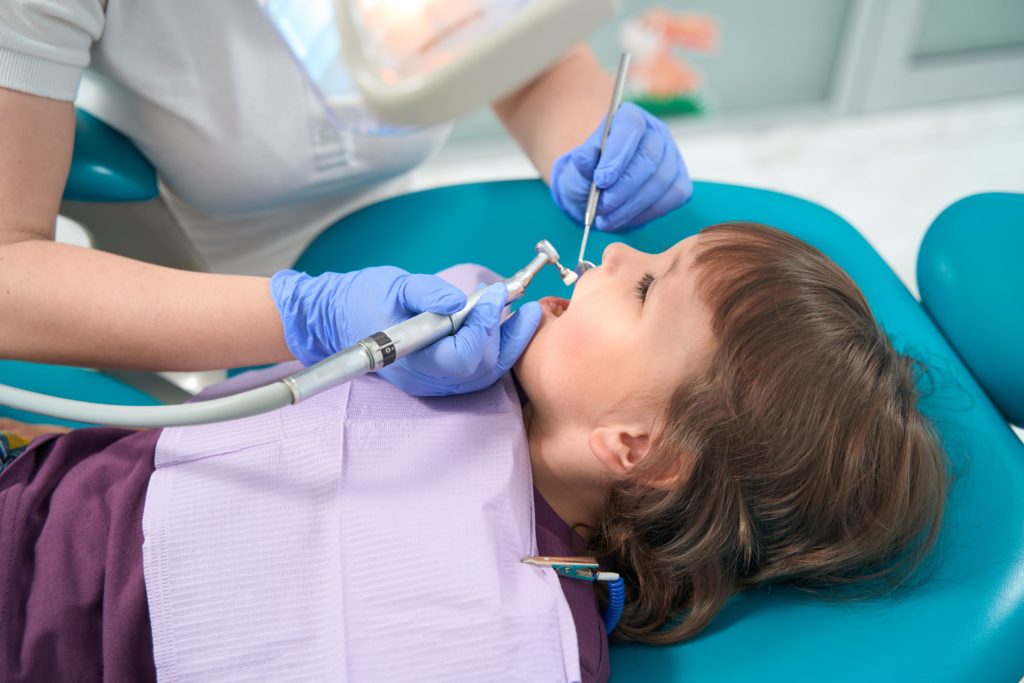Booking appointments with a dental hygienist should be as regular a part of your dental routine as arranging check-ups with the dentist. Yet many of us either forget to do so or do not see the importance. Some people can feel very nervous about booking in to see the hygienist, as they worry that it might hurt, or that they will be judged in some way.
However, visiting the dental hygienist regularly is crucial for all kinds of reasons. For a start, it is like booking in for an MOT for your mouth. Dental hygienists are trained to spot potential health issues such as gum disease and help prevent them from growing into serious concerns. They can offer advice on healthy dental habits, how to brush your teeth effectively and what you can do at home to protect your oral health.
What is going to happen?
So, what happens during a dental hygienist appointment? The process is designed to be as comfortable and reassuring as possible. If you are new to the surgery, the hygienist may take some personal details first. This will include whether you are taking any medication, as this can affect how the hygienist and dentist approach your treatment.
Next, you will be asked about how you brush your teeth, what type of brush you use and whether you include dental floss, water flossing or mouthwash in your oral hygiene routine. Your hygienist may also ask about your diet and eating habits. This is not done to judge, but to inform how they can look after and advise you going forward. Then, an examination will take place, where your teeth, mouth, tongue and gums will all be checked. Concerning symptoms, such as bleeding, will be flagged up for further investigation and areas with bigger residues of plaque and tartar noted for careful attention during the scale and polish.
The scale and polish is a professional clean for your teeth, carefully going over every inch to remove plaque, debris and bacteria that can escape regular brushing and flossing. This will, or should be pain-free and the dental hygienist will stop straight away if you do experience any discomfort and change tack. The polishing process that follows the main scale, or clean, also helps remove stains and leaves your mouth and teeth feeling fresh. Then, the appointment is rounded off with final advice and booking in for your next one – generally recommended to be around six months later.
How can you prepare?
As with any important appointment, it is important to prepare in advance so that you can get the most out of the time that has been allocated to you. Double-check that you have the right appointment date and time in your diary – often, the dental surgery will text or contact you with a reminder a couple of days or so beforehand. Make a list of any questions you may have, as you may not remember them when you are in the appointment. If your issue is a complex one, take a notebook and pen along with you to write down the answer.
It is important to brush your teeth and use mouthwash, floss etc. before your appointment too. Not only does this make the process far more pleasant for the dental hygienist, but it also frees up their time as the main debris and plaque has already been cleared. This means they can focus more on performing the deep clean, carrying out their examination of your mouth and gums and tailoring their treatment to your needs. In the same vein, refraining from consuming strong-smelling food and drink just before is another courtesy that your dental hygienist will appreciate. The same goes for smoking if this applies to you.
If you wear a brace that can be taken in and out, or have another dental appliance that could affect your oral hygiene routines, bring it with you. It could be useful to have it there when discussing any issues around wearing it or having it updated or replaced. You could also have it cleaned while you are there too, to remove any stubborn plaque or tartar that may have accumulated in harder-to-reach areas.
Finally, if you are worried or anxious about any aspect of your dental hygienist appointment, let your surgery know in advance. This enables the team to put extra calming measures in place and discuss what is worrying you before progressing with your appointment.

